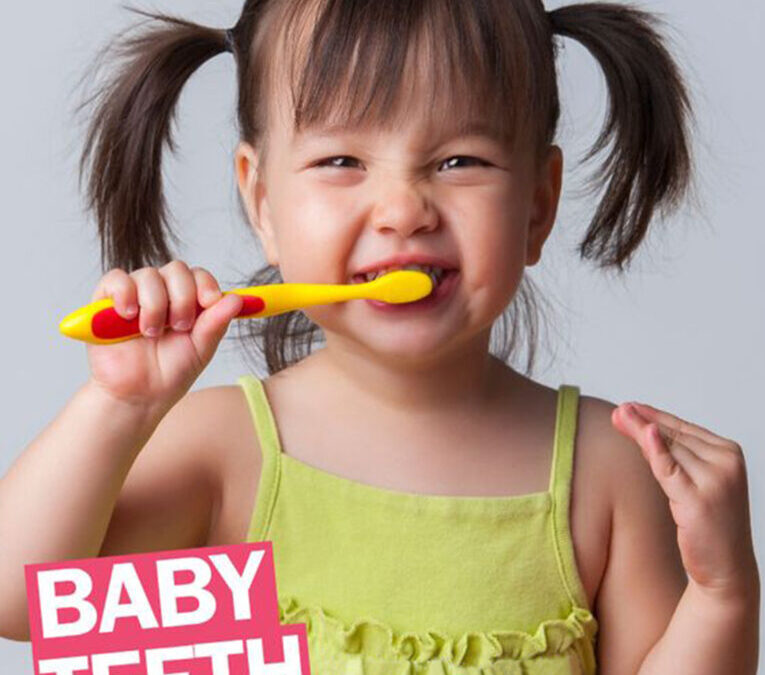When do children start brushing their teeth? It is also necessary to clean the mouth from infancy. Infant refers to a child from about 3-12 months old. Even before the deciduous teeth erupt, the child’s parents can gently wipe the child’s gums with soft gauze to remove milk stains and bacteria on the gums. After the deciduous teeth erupt, it is also recommended to use gauze to clean the deciduous teeth and the surrounding gums every time after drinking milk. When the child is close to 1 year old, 6-8 teeth have erupted. At this time, you can consider using a soft baby toothbrush to brush your child’s teeth. To cultivate the habit of cleaning the mouth from an early age. Many people don’t understand, is it necessary for such a small child to have teeth just after they have grown? The answer is of course necessary and necessary. If you don’t understand, just look at the kids with rotted teeth. The reason why we started taking care of teeth when the child was so young is to have a good tooth and make the child smile brighter and more confident in the future. However, many parents have misunderstandings in the care of their children’s teeth.
Misunderstanding 1: The child is still young and does not need to brush his teeth
Most people think that one or two-year-old children don’t need to brush their teeth but gargle at best. As everyone knows, the sooner you start brushing your teeth, the better. We even suggest that parents, when the child is 2 months old, gently wipe the child’s gums with gauze every day. When the child’s first tooth emerges “pointy”, the parent will formally put the matter of brushing on the agenda. At this time, you can wipe with gauze or brush your teeth with a finger toothbrush. When the child is one and a half years old, he can brush his teeth with a soft baby toothbrush. At the same time, it can be used with fluoride toothpaste
Note that it must be fluorine-containing. Although gargle can also play a role in cleaning the oral cavity, it is much less effective than brushing your teeth.
Misunderstanding 2: Children will not have tooth decay without sugar
Many mothers say, “My child, I have never given him candies, but why is there still tooth decay?” With the improvement of parental knowledge, more and more parents will strictly control their children’s eating Regarding candy, I think that as long as you don’t eat candy, your child won’t have tooth decay. But sugar is not only found in candies but also in foods such as beverages and cakes. And studies have shown that carbohydrates can also produce acid under the action of bacteria, which can lead to dental caries. And like our common foods, steamed bread, rice, bread, etc., all contain a lot of carbohydrates. Therefore, children who do not eat sugar may not have tooth decay, and brushing their teeth is the last word.
Misunderstanding 3: It’s okay if the child’s tooth is broken, he will change the deciduous tooth anyway
Many parents hold this kind of mentality. Even if their children have dental caries, they don’t worry. They think it’s good to wait for the baby teeth to be replaced at the age of six or seven. This idea is wrong. If the child’s deciduous teeth have caries but are not treated in time, it will directly affect the tooth defect, cause pulpitis, apical periodontitis, etc., and will affect the development and eruption of permanent teeth. In the end, the child’s permanent teeth may be uneven, which affects the child’s appearance.
Misunderstanding 4: As long as there is no problem with the teeth, there is no need to see the dentist
This is also a deeply ingrained thought, “Why go to the doctor if you are not sick?” Our teeth, like cars, require regular inspections and maintenance. The dentist recommends that children should have an oral examination every 3 months to half a year. Such early detection and early treatment can reduce a lot of unnecessary troubles. Therefore, if possible, it is better to take the child to check the teeth regularly.

